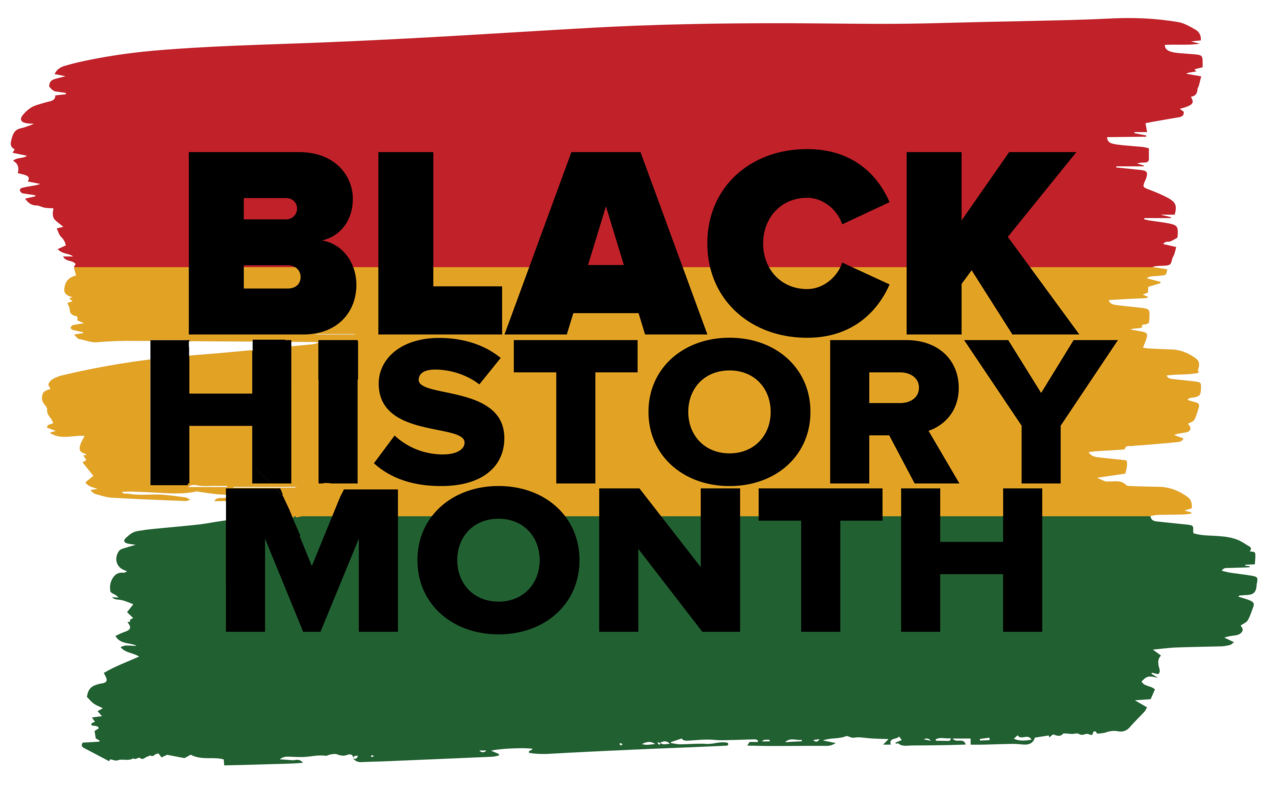I am coming towards the end of my first month at Social and wanted to share some reflections on Black History Month, particularly around the importance of championing visibility of Black people in positions of influence within the communications industry.
Why Black History Month is important to me?
Black History Month is a celebration held every October in the UK to highlight and celebrate the history, heritage and legacy of contribution of Black people in the UK and globally.
This year’s theme of ‘Standing Firm in Power and Pride’ is incredibly relevant in today’s political, social, and economic climate, where there are many critiques on equality, diversity, inclusion, and equity. The theme and celebrations that took place across October stand as a reminder and tribute to resilience, strength, and unwavering commitment to progress from Black communities across the world.
For me, this encapsulates two key elements: one, looking back at my family and wider communities’ legacy of standing firm in pride, from my parents and grandparents who were part of the Windrush Generation, through to mine and my peers’ experience of growing up in diverse but sometimes challenging environments in London and shaping pride in our heritage.
How this impacts the communications industry
As a communications professional, this has an additional layer, where my love for connecting the right people to the right messages contrasts with who controls the narrative or is involved in shaping it. For many within the industry, there has been the perception of a lack of diversity in senior roles and a glass ceiling preventing the development of Black talent.
From agency to in-house, many Black communicators have shared their frustrations in the past publicly and through smaller networks. I too have had feelings of doubt regarding my own progression in the past and battled feelings of inadequacy. Often these are centered around the thought ‘I’m not sure this is for me long term as I can’t see people that look like me in more senior roles.’
This is why the role of organisations like the UK Black Comms Network is so crucial, their ‘One Step Forward Two Steps Black’ Report from 2024 highlights many of the challenges facing the sector through elevating the experience of Black communicators.
The statistic ‘More than two thirds (68%) of Black and Mixed-Black communications professionals plan to leave the industry’ really struck me when I first read the report and put hard evidence behind the feeling that I and many others felt for years but never had the data to back up.
What next?
It left me thinking, how do we change this curve and prevent talent from leaving the industry and nurture their skills, ambitions and celebrate their diversity of experience and thought? Representation at every level of a profession plays a huge part in helping to cultivate a more equitable industry, both now and in the future.
Thankfully, in recent years and thanks to the work of several trailblazing organisations such as the UK Black Comms Network and the Taylor Bennett Foundation, there is a much clearer view of how the sector is nurturing Black talent at all levels, both professionally and personally, as well as paving the way for the next generation through a range of learning and development initiatives, mentoring programmes and opportunities to learn and progress in their chosen field.
I am proud to join an organisation that has played an active part in making this change. My colleagues Sydnee and Sairah both joined Social following taking part in the Taylor Bennett Foundation’s internship program; you can read more about that here.
As we reflect on Black History Month 2025, it is crucial to recognise the importance of Black communications professionals. In a time of deep division and tension, representation matters more than ever – especially when communicating on the impact of brands, charities, and public services.
It’s not just about having Black people represented in what is being communicated – it’s about having Black voices and experiences woven into the fabric of how campaigns are developed, disseminated, and evaluated. The messages we communicate must reflect the richness of the world we live in, and that means the people crafting those messages must reflect that diversity as well.
By Matt Geer, Associate Director


